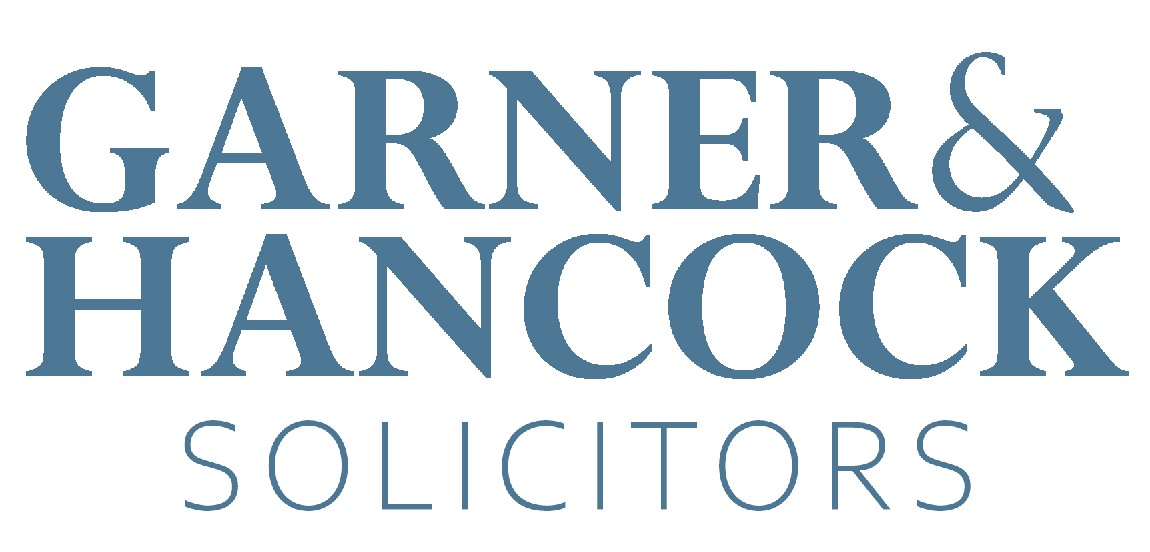Debt Recovery
We recognise that waiting on outstanding invoices to be paid can be detrimental to your cash flow, especially if the debtors delay payment beyond the terms specified.
At Garner & Hancock Solicitors we offer a fully tailored debt recovery process from pre-legal collections process and initial letters of claim, right through to the enforcement process.
There will inevitably become a time when you will need to escalate things in order to have your invoices paid. But knowing how to do this correctly can be complex, especially when balanced out with concerns over repeat or future business.
Our Services:
Pre-legal Debt Recovery Service
The new debt recovery procedures aimed at individuals came into force from 1st October 2017. The new regulations, formally referred to as the Debt Recovery Pre-action Protocol were recently announced. They aim to improve the legal process and encourage better communication and paperwork issued between all parties; to resolve disputes before court proceedings are instigated.
To what type of businesses will the protocol apply?
The new protocol will apply to any business (including sole traders and public bodies) claiming payment of a debt from an individual (including a sole trader). However, it excludes business to business debts (except where both businesses are sole traders). Garner & Hancock can advise you on the possible issues arising from the new rules.
Request for a Legal Consultation
Garner & Hancock realise that the prospect of pursuing a legal matter can be challenging, so we offer an initial phone consultation to discuss your options, and to give you information that will help you make the right choices affecting your case.
Issue & Judgement

If other methods have failed, issuing court proceedings against the debtor is your next step. Upon your instructions we would prepare and lodge a claim on your behalf with the court. Once the claim has been served to the debtor, there is then a period of 30 days for the debtor to take action.
Their action may be to acknowledge the claim (which will allow further 14 days, 28 days from issue in total); admit and pay the debt in full or offer instalments; part admit the claim or defend the claim.
If the debtor fails to acknowledge the claim, or offer a defence then you are entitled to request a County Court Judgment (CCJ) to be entered against your debtor. A Judgment does not guarantee a payment but it provides encouragement for the debtor to pay as if left for a period greater than one month without being paid it can adversely affect their credit record.
Enforcement Options
Once a County Court Judgment has been obtained, your next step would be to enforce the Judgment in order to recover the debt. There are various enforcement options available and will largely depend on the known assets and circumstances of the debtor as to which route is the most appropriate. Enforcement options include:
1. County Court Bailiff/high Court Enforcement Officers
A Warrant is most commonly used to authorise a County Court Bailiff to visit the home of the debtor in order to seek payment of the debt, or seize assets to the value of the debt. Alternatively, a Writ can be issued for a High Court Enforcement Officer (HCEO) to perform a similar job.
2. Attachment Of Earnings
If the debtor is in employment, you may apply for an Attachment of Earnings. The Order enables for the debt to be deducted by the debtor’s employer and is then paid to you as an instalment towards the debt.
3. Charging Order
A charging order is a serious step to take against your debtor. It is an order that secures the debt against the debtor’s home if the debtor owns or has interest in the property. Once the Charging order is in place, you are at liberty to apply to the court for an Order for Sale, whereby the debtor is forced to sell their property in order to repay the debt owed.
4. Third Party Debt Order
Third Party Debt Order requires payment of the debtor’s debt by a third party that owes them money. Most commonly, this will be a bank or building society with whom the debtor holds an account with. Money will be paid to you from this account.
5. Order For The Debtor To Attend Questioning
Requires the debtor to attend court and be questioned under oath about their financial circumstances. A hearing such as this is usually used to decide on further enforcement of the debt. Often, issuing an Order to Attend Questioning will prompt payment or further negotiation with the debtor.
6. Bankruptcy/Winding Up Proceedings
If the Judgment has been obtained against an individual and the debt value exceeds £750.00 you can apply for a Bankruptcy Petition. To succeed, you must be able to show that the debtor has no means to pay his debts. The filing of a Bankruptcy Petition is a serious threat and can be effective if the debtor indeed has the means to pay.
If the Judgment has been obtained against a company and the debt value exceeds £750.00, you may consider winding up proceedings. Once a Winding-Up Order has been granted, a Liquidator will be appointed to wind up the debtor’s business and to pay any creditors if there are sufficient funds to do so. The winding up process can be an expensive option for you, and is commonly used a last resort when all other approaches to recover the debt have failed.
Let us know what you needs are and we shall respond quickly.
Our Guarantee
We believe our business begins and ends with you and your needs, as our client. Therefore, we are committed to providing the best client care and advice which will give you confidence that your matter is handled with the utmost care.
How Can We Help?
We are here to help! Feel free to contact us anytime for a consultation on your legal matters.
